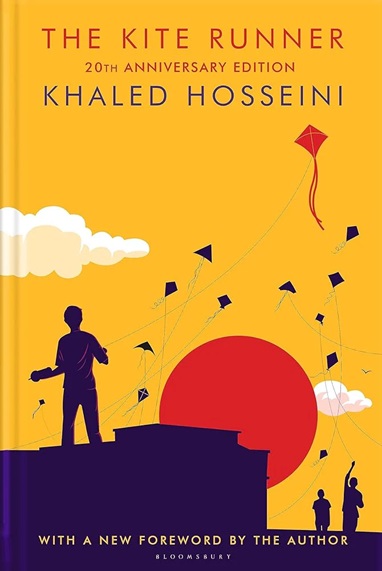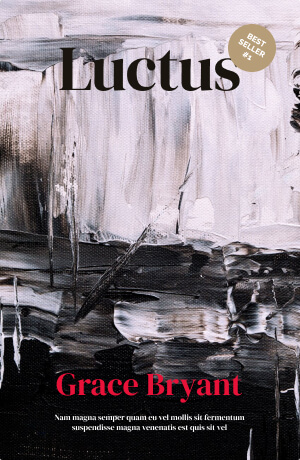MY REVIEW OF A NEW CLASSIC
The Kite Runner
The Kite Runner is the kind of book you carry with you everywhere, on the subway, to the park, or even stealing a few moments during your lunch break.
Why? I’ll explain below.

Introduction
A powerful book… no fluff, no frills, just pure, gripping prose.
Kite Runner isn’t the kind of story you can just skim through it pulls you in, makes you feel, and leaves you reflecting on life, family, friendship, betrayal, and redemption. Even if you’ve never set foot in Afghanistan, its themes hit close to home, and it speaks to you directly. Some parts are tough, even heartbreaking, but the whole book is a masterpiece crafted with so much heart.
What is the book about?
Khaled Hosseini, born on March 4, 1965, in Kabul, Afghanistan, isn’t just any writer—he’s one of the greats. His family left for France when he was 9, and later moved to the U.S., where he studied medicine. But lucky for us, after about a decade as a doctor, he turned to writing. His first book, The Kite Runner, was published in 2003 and became a sensation. By 2005, it was the best-selling book in the U.S., and in 2007, it was made into a movie. That same year, Hosseini released A Thousand Splendid Suns, which was just as brilliant, followed by And the Mountains Echoed in 2013.
What’s The Kite Runner all about? The story transports you to 1970s Kabul, as experienced through the perspective of Amir, a sharp and privileged young boy. At first glance, Kabul seems like a picturesque city where traditions unite the community. But underneath the surface, cultural and social divides create cracks, and they grow into something monstrous. Amir starts as an innocent child, but the cruelty he witnesses shatters that innocence, leaving him deeply scarred.
“For you, a thousand times over.”
That’s what Hassan, Amir’s best friend and the heart of the story, says to him. Hassan is Hazara, an ethnic minority in Afghanistan often persecuted for their culture and Shiite faith. While Amir is a dreamy storyteller, Hassan is brave and fiercely loyal, always ready to protect his friend. Baba, Amir’s father, admires Hassan’s courage but is disappointed in Amir’s softer nature. The connection between the two boys is strong, but it faces its greatest challenge when Amir fails to stand up for Hassan during a traumatic incident. This betrayal shatters their friendship and leaves Amir consumed by guilt.
The scene where Hassan is attacked is one of the hardest to read. It’s raw, brutal, and makes you face the depths of human cruelty. But it’s also a moment that changes how you see the world. You can’t help but think: What would I do in that situation? Could I have done better? It’s a wake-up call to recognize injustice, even when it’s easier to look away.
“A man who has no conscience, no goodness, does not suffer.”
Hosseini doesn’t let Amir off the hook easily. Betrayal cuts deep, especially when trust was built on something real. For Amir, redemption becomes the only way to silence his guilt and make peace with his past.
Life doesn’t let up for Amir. The Soviet invasion of Afghanistan forces him and his father to flee to the U.S., where they start over from scratch. But no matter how far he runs, the shadows of Kabul follow him.
My Conclusion
*The Kite Runner* is the kind of book you carry with you everywhere—on the subway, to the park, or even stealing a few moments during your lunch break. The characters pull you in so deeply that it’s impossible to let go. You’ll laugh with them, cry for them, and cheer on their victories, no matter how small. Hosseini weaves a story that’s both beautiful and harsh, taking you deep into Afghan culture and showing you the human side of its struggles with incredible sensitivity.
“In the end, the world always wins. That’s just the way of things.”
But the ending? It’s a gift. Hosseini leaves you with hope, symbolized by a kite soaring high, unpredictable but free. He reminds you that hope isn’t just a feeling. It’s what drives us to build a better world. Through this story, you realize that every act of courage, kindness, and love counts.
If you haven’t read The Kite Runner yet, don’t wait. It’s more than a book; it’s an unforgettable journey.


